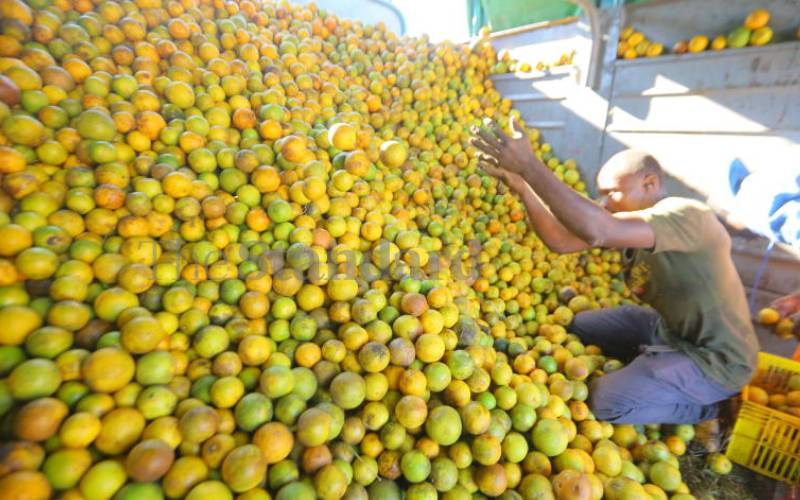×
The Standard e-Paper
Join Thousands Daily

Workers offload oranges from a truck at Daraja Mbili market, Kisii County. [Sammy Omingo, Standard]
During the Covid-19 pandemic, governments across Africa have showed great determination and urgency in tackling the disease. With the World Food Day celebrated recently, can we address other deadly threats – like hunger and poverty – using the same level of resolution and speed shown during the pandemic?